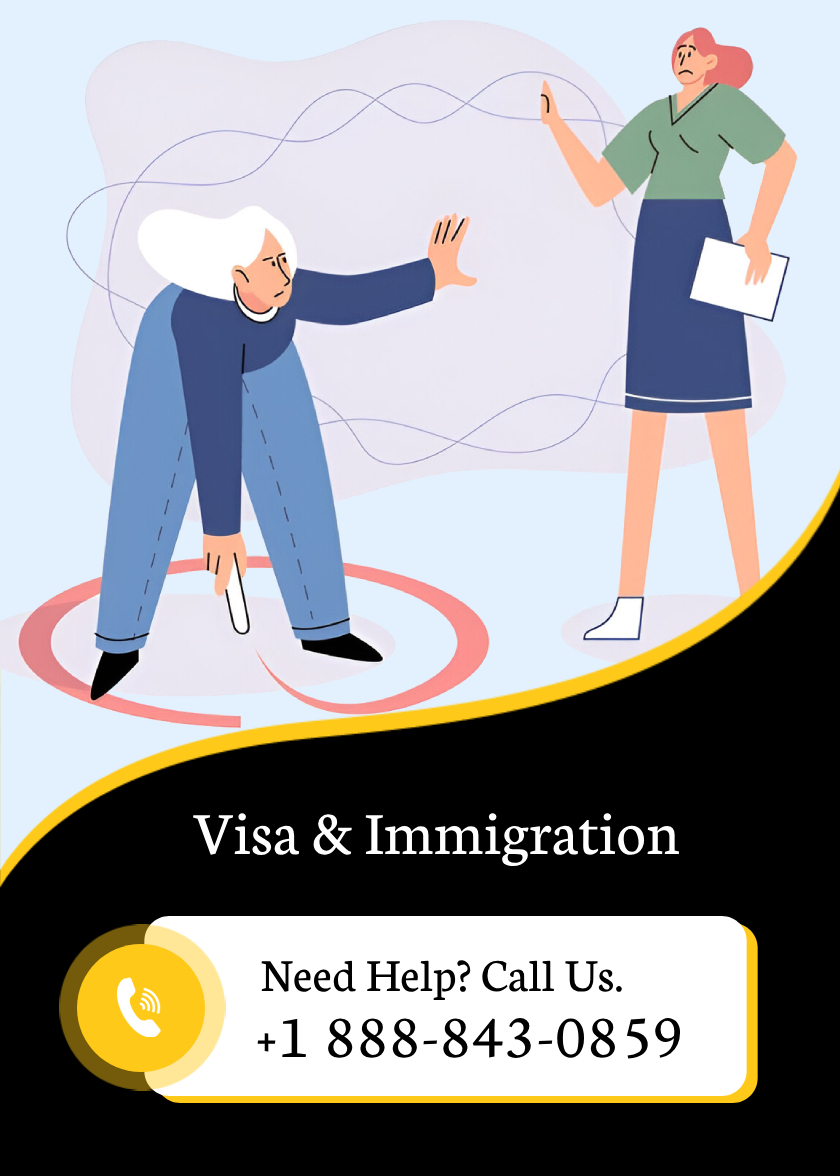
United Kingdom of Europe
We guide our clients through difficult issues, bringing insight and judgment to each situation. Our innovat ive approaches create original solutions to our clients’ most complex domestic & multi juristictional deal s and disputes. By thinking on behalf of our clients every day, we anticipate what they want, provide what they need and build lasting relationships.
Over the last 35 Years we made an impact that is strong & we have long way to go.
These are the concepts that shape our distinctive culture & differentiate us from others. They true the unique spirit of our Firm guide the behaviors that enable us to deliver the promises we make to our clients and our people.
Tourist Visa
Broad term that can refer to various aspects of interconnectedness and communication on a global scale.Family Visa
Broad term that can refer to various aspects of interconnectedness and communication on a global scale.Student
Broad term that can refer to various aspects of interconnectedness and communication on a global scale.Work Permit
Broad term that can refer to various aspects of interconnectedness and communication on a global scale.Visa Process
At Immigway our culture comes to life through three core values:


Which is the prerequisites for immigration to Canada?
What are the contact address of Immigway?
Which is the prerequisites for immigration to Canada?
What IELTS Score required for Canada?
Service Options

Documentation List
Offer Letters
IELTS Score
CA report Submission
NOC Collection
Study Permit
Express Entry
1. What is Express Entry?
Express Entry is an online system used by the Canadian government to manage applications for permanent residence from skilled workers. It oversees three immigration programs:
- Federal Skilled Worker Program (FSWP)
- Canadian Experience Class (CECP)
- Federal Skilled Trades Program (FSTP)
Candidates begin by submitting an online profile, after which the federal government assesses their eligibility for one of the Express Entry programs. Eligible candidates are added to the Express Entry pool and ranked using the Comprehensive Ranking System (CRS), a points-based system. The CRS evaluates factors such as age, education, work experience, language proficiency, and other qualifications.
The Canadian government regularly selects the highest-ranked candidates from the pool and issues them an Invitation to Apply (ITA) for permanent residence. Additionally, Express Entry includes category-based selection, enabling the government to issue ITAs to candidates who meet specific criteria aligned with Canada’s labor market needs.
2. How does Express Entry work?
Express Entry is a straightforward process with two main stages: in the first stage, eligible candidates submit their profiles to the Canadian government to express interest in obtaining permanent resident status; in the second stage, the government holds invitation rounds, or "draws," to invite the highest-scoring candidates to apply for permanent residency in Canada.
Express Entry features three types of draws:
1. General Rounds of Invitations: IRCC invites candidates with the highest Comprehensive Ranking System (CRS) scores, regardless of the program, to apply for permanent residence.
2. Program-Specific Rounds of Invitations: IRCC invites top-ranking candidates who meet the eligibility criteria of a specific Express Entry program.
3. Category-Based Rounds of Invitations: IRCC invites candidates with the highest CRS scores who qualify under specific categories identified by IRCC to support Canada’s economic objectives.
Step-by-Step Guide to Submitting Your Express Entry Profile and Obtaining Permanent Residence in Canada:
1.Determine Your Eligibility Graduates of vocational or professional training programs in Quebec must meet IRCC’s specific PGWP criteria based on the type of diploma earned.
Assess if you qualify for Express Entry under one of the following programs:
- Federal Skilled Worker Program (FSWP)
- Canadian Experience Class (CEC)
- Federal Skilled Trades Program (FSTP)
Review the criteria for each program to confirm your eligibility.
2.Complete Necessary Tests and Assessments
- Take an approved language test (e.g., IELTS or CELPIP for English, TEF for French) and meet the required scores.
- If applicable, get an Educational Credential Assessment (ECA) to verify the equivalence of your foreign education to Canadian standards.
3.Create and Submit Your Express Entry Profile
Log in to the Immigration, Refugees, and Citizenship Canada (IRCC) website to create your profile. Ensure that all information is accurate and complete. Your profile will be added to the Express Entry pool, where you’ll receive a Comprehensive Ranking System (CRS) score.
4.Receive an Invitation to Apply (ITA)
If your CRS score meets or exceeds the cutoff in an Express Entry draw, you’ll receive an Invitation to Apply (ITA) for permanent residence.
5.Submit Your Application for Permanent Residence (APR)
- Complete and submit your Application for Permanent Residence (APR) online through your IRCC account.
- Complete and submit your Application for Permanent Residence (APR) online through your IRCC account.
- Medical examination results
- Police clearance certificates
- After submission, IRCC will issue an Acknowledgment of Receipt (AOR) for your application.
6.Provide Biometrics
Once IRCC requests your biometrics, visit an authorized center to submit your fingerprints and photograph.
7.Wait for Final Decision
- IRCC typically processes most applications within six months or less.
- Once approved, you’ll receive a Confirmation of Permanent Residence (COPR) and, if required, a permanent resident visa to travel to Canada.
8.Complete Your Landing
Travel to Canada and present your COPR to an immigration officer to officially complete your landing process and become a permanent resident.
By following these steps diligently, you can navigate the Express Entry process and embark on your journey to permanent residency in Canada.
3. What Are Targeted Express Entry Draws?
Category-based Express Entry draws are specialized selections conducted by Immigration, Refugees, and Citizenship Canada (IRCC) to invite candidates who qualify for specific categories established by Canada’s immigration minister to address economic priorities. These draws complement regular Express Entry draws, but candidates must still meet the minimum Comprehensive Ranking System (CRS) score set by IRCC for the draw. This means that even if a candidate is eligible under a targeted category, they will only receive an Invitation to Apply (ITA) for permanent residence if their CRS score meets or exceeds the threshold for that particular draw.
4. How Long Does the Express Entry Process Take?
The Express Entry process typically takes about 6 months from the date you submit your Application for Permanent Residence (APR) after receiving an Invitation to Apply (ITA). However, the total timeline can vary based on several factors, including:
- Completing Initial Steps: Preparing documents, completing language tests, and obtaining an Educational Credential Assessment (ECA) can take several weeks to months.
- Invitation to Apply: After submitting your profile, the time it takes to receive an ITA depends on your Comprehensive Ranking System (CRS) score and how often IRCC conducts draws.
- Processing Time: Once the APR is submitted, IRCC aims to finalize most applications within 6 months or less.
Delays may occur if additional documents or verifications are required, so ensuring a complete and accurate submission is essential for a smoother process.
5. Pros and Cons of the Express Entry System?
Pros :
- Fast Processing:Most applications for permanent residence are processed within 6 months or less after submission.
- Merit-Based System:The Comprehensive Ranking System (CRS) ensures candidates with strong profiles have better chances of receiving an Invitation to Apply (ITA).
- Transparency:Regular draws and publicly available CRS cutoffs make the process predictable.
- Flexibility:Multiple programs under Express Entry (FSWP, CEC, FSTP) cater to various types of skilled workers.
- Family BenefitsSuccessful applicants can include their spouse and dependent children in their application, granting them permanent residence as well.
Cons:
- High Competition: Candidates must achieve a competitive CRS score, which can be challenging, especially during draws with high cutoffs.
- Preparation Time: Gathering documents such as language test results, Educational Credential Assessments (ECA), and proof of funds can take time and effort.
- No Guaranteed Invitation: Meeting eligibility requirements doesn’t guarantee an ITA, as invitations depend on CRS scores and draw criteria.
- Changes in CRS Cutoffs: CRS thresholds fluctuate, creating uncertainty for candidates with borderline scores.
- Fees and Costs: The process involves expenses for language tests, ECA, biometrics, and application fees, which can add up.
While Express Entry is an efficient and transparent pathway to Canadian permanent residence, it requires careful preparation and competitiveness to succeed.


